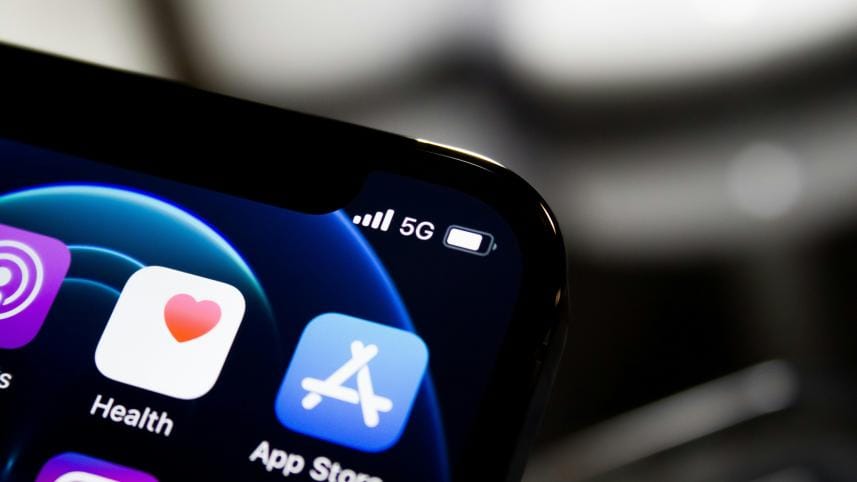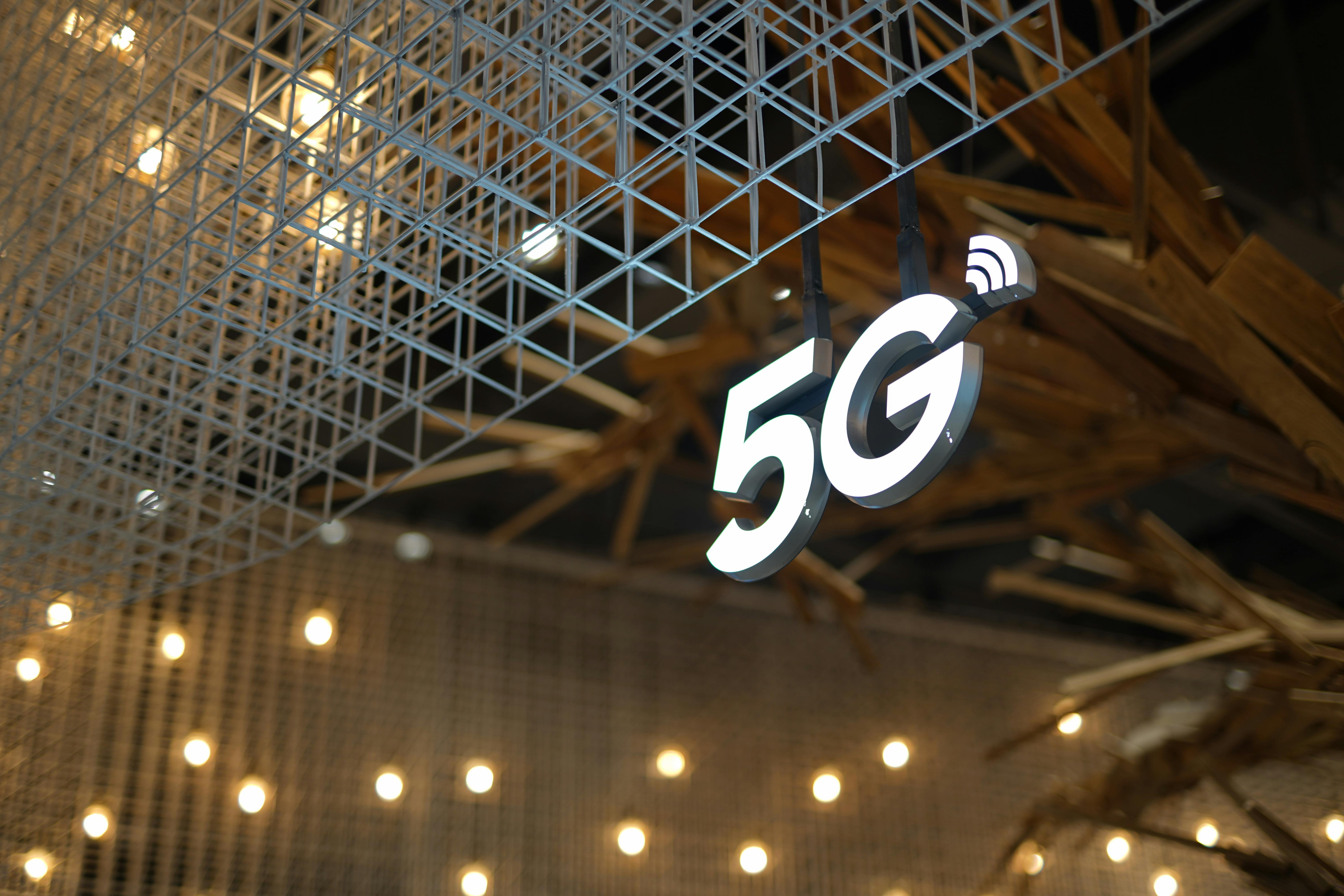How does 5G work, and why should we care?

Bangladesh has finally joined the 5G conversation. Big network providers have rolled out the service in selected areas, and the possibilities for your tech-savvy and not-so-savvy friends look bright already in the new world of connectivity. But before we get ahead of ourselves, let's take a moment to consider what 5G is, how it operates, and if we should actually care.
The Basics
5G is the fifth generation of mobile networks, after 2G, 3G and 4G. 2G gave us digital calls and SMS; 3G improved that digital call and SMS experience with some basic mobile internet and 4G cranked up the mobile internet to the point where we could binge on YouTube and Netflix on the go. 5G goes beyond streaming.
At its heart, 5G is about three things: speed, latency and capacity. Speed means you can download an HD movie in seconds, not minutes. Latency is the time between you press a button and the network responds. 5G reduces that to almost zero. Real time tech like self-driving cars or remote surgeries relies on this zero-latency approach. And capacity means millions of devices; phones, smart fridges and even traffic lights can talk to each other without the network getting congested.
It achieves this by spreading across different frequency bands. Low-band signals travel far but aren't particularly fast; mid-band strikes a balance, while high-band, or "millimetre wave," delivers lightning speeds but struggles to get past walls or even trees. To solve this, operators deploy multiple antennas (a system called massive MIMO) that beam signals directly to your phone rather than broadcasting everywhere. In short, it's smarter, not just faster.

The Pros
The most straightforward of them is speed. In good conditions, our current 4G networks can deliver up to 100 Mbps, while 5G can deliver gigabit speeds. That means faultless video conversations for the average user, faster cloud gaming, or uploading a clip to Instagram in 4K in seconds.
Then comes reliability. With latency going down to under 10 milliseconds, tasks that require split second responses like real time medical procedures become possible. For Bangladesh, where healthcare access is uneven, this can be a game changer.
Finally, capacity. Dhaka is one of the most populated cities in the world. When everyone crowds into a stadium or the Dhaka International Trade Fair, 4G networks buckle. 5G is designed to withstand that surge and is designed for millions of simultaneous connections in a small area.
The Cons
Here's where we should remain realistic. 5G requires dense infrastructure, meaning hundreds of new towers and antennas. Rural Bangladesh will not see it anytime soon — it will start in urban pockets and may take years to scale.
Another issue is device availability. Only a small percentage of people currently own 5G-ready phones. Without compatible devices, the rollout feels more like a headline than a revolution.
And then there's the cost. Rolling out a 5G network is expensive. Operators are investing heavily, and at some point, consumers may feel it through higher data prices if regulators don't keep things in check.
Myths Around 5G
The internet has been buzzing with conspiracy theories about 5G — from wild claims that it spreads viruses to suggestions that the radiation will fry your brain. None of this has any scientific basis. The frequencies used in 5G are non-ionising, meaning they don't have the energy to damage DNA or cells.
Another myth is that 5G is "always faster." In reality, it all depends on the band your phone connects to. In many cases, early 5G speeds in Dhaka may not feel dramatically different from a strong 4G connection.
Why Should We Care
5G is not about your next Netflix binge. It's about the country's digital future. Ultra-fast, low latency, high-capacity networks are necessary for smart cities, autonomous transportation, the Internet of Things on a broad scale, effective agricultural monitoring, and disaster response systems.
Consider it this way: our current cell phones were made possible by 4G. 5G can redefine industries altogether. Bangladesh with its growing startup culture and young, tech-savvy population can't afford to be left behind.
A Fun Fact to End With
Japan's bullet trains already use 5G to stream maintenance data in real-time while travelling at 320 km/h. South Korea runs 5G-powered robotic baristas. Meanwhile, in Bangladesh, we're just starting — but every rollout begins with a small step.
So, should we care? Absolutely. 5G won't change your life overnight, but it is building the foundation for a smarter, faster, more connected Bangladesh.




 For all latest news, follow The Daily Star's Google News channel.
For all latest news, follow The Daily Star's Google News channel. 

Comments